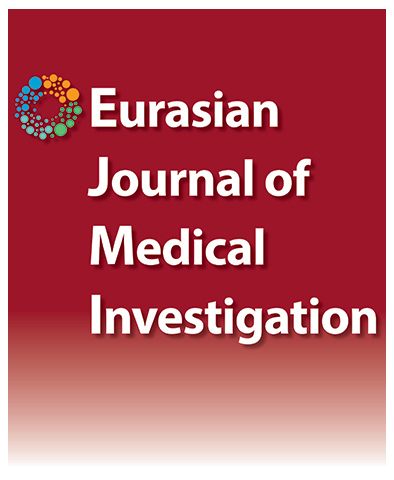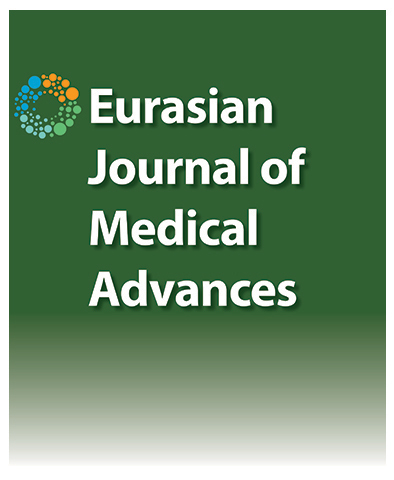Detailed Analysis of Follicular Lymphoma over 25 Years: A Single-Center, Retrospective Study
Hasan Cagri Yildirim1, Fatos Dilan Atilla2, Fahri Sahin3, Guray Saydam3, Filiz Vural3, Murat Tombuloglu3, Mahmut Tobu21Department of Medical Oncology, Hacettepe University Cancer Institute, Ankara, Turkey2Department of Hematology, Bakircay University Cigli Regional Education Hospital, Izmir, Turkey
3Department of Hematology, Ege University Faculty of Medicine, Izmir, Turkey
Objectives: Follicular lymphoma is the most common indolent non-Hodgkin lymphoma. The course of the disease varies according to several parameters, so individualized treatments should be pursued. Many studies have shown positive effects of complete response to first-line chemoimmunotherapy on progression free survival (PFS) and overall survival (OS). In our study, we aimed to determine prognostic value of the risk factors that will predict the response to first-line chemoimmunotherapy.
Methods: Demographic data, histopathological characteristics, imaging and laboratory tests of the patients were evaluated retrospectively and recorded with survival data. Patients with and without complete response (CR) were compared.
Results: Ninety-one patients diagnosed and treated over 25 years were included in this study. Seventy-six patients who met GELF criteria received first line chemoimmunotherapy, followed by with or without maintenance rituximab for 2 years. Diagnosis at the age>60, higher FLIPI score, bone marrow involvement and hyperuricemia were associated with lower complete response rates (p=0.045, p=0.001, p=0.048, p=0.004, respectively). There was no significant association between rituximab therapy and PFS-OS rates.
Conclusion: In our study, age over 60 years, high FLIPI score, bone marrow involvement and high uric acid levels were associated with low CR rates to first-line chemoimmunotherapy. The impact of CR and maintenance therapy on PFS and OS was not achieved.
Keywords: Chemoimmunotherapy, follicular lymphoma, predictive factors
Manuscript Language: English





